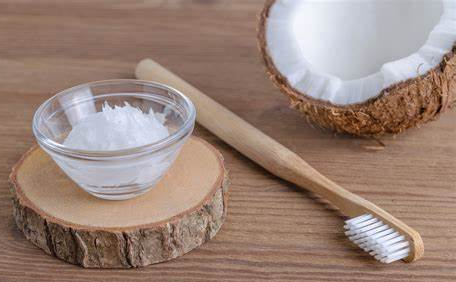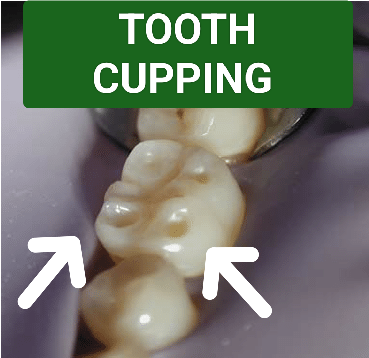Q: What is Dental extraction?
A: Dental extraction is the removal of a troublesome tooth from its socket in the jawbone.
Q: How is Dental Extraction Performed?
A: Dental extraction is typically performed under local anesthesia. The dentist uses specialized instruments to loosen the tooth from its socket and then gently lifts it out of the jawbone.
Q: What is the Recovery Process like after a Dental Extraction Procedure?
A: After a dental extraction, the patient may experience some initial pain and swelling, but this can usually be managed with over-the-counter pain relievers and ice packs. The patient should avoid smoking or using straws for several days after the procedure, and should only consume soft foods for the first few days.
Q: How Long Does It take to Recover From a Dental Extraction?
A: Recovery time varies based on the complexity of the extraction and the overall health of the patient. Most patients are able to return to normal activities within a few days of the procedure.
Q: Is Tooth Extraction Painful?
A: Local anesthesia is used to numb the area around the tooth being extracted, so patients typically do not feel any pain during the procedure. After the procedure, the patient may experience some discomfort, but this can usually be managed with over-the-counter pain relievers.
Q: Does Dental Extraction Require Any Special Preparations?
A: The dentist will typically advise the patient to avoid eating or drinking for a certain period of time before the procedure. The patient may also be given antibiotics to prevent infection.
Q: What are the Risks Associated with Tooth Extraction?
A: The risks associated with dental extraction include bleeding, infection, nerve damage, and damage to surrounding teeth or tissue. These risks are relatively rare and can usually be prevented by following the dentist’s post-procedure instructions carefully.
Q. How Often To Change Gauze After Tooth Extraction?
A. After a tooth extraction, your dentist will place a gauze pad over the extraction site to control the bleeding and promote clotting. You should leave the gauze in place for atleast 30 minutes and then remove it gently. If bleeding continues, you can replace the gauze with a new one and repeat the process.
Q. How Long To Keep the Gauze After Tooth Extraction?
A. After a tooth extraction, your dentist will place a gauze pad over the extraction site to control the bleeding and promote clotting. You should leave the gauze in place for atleast 30 minutes and then remove it gently.
Q. When Can I Brush My Teeth After Tooth Extraction?
A. After tooth extraction, its important to wait atleast 24 hours before brushing your teeth, especially the area around the extraction site. Brushing too soon or too vigorously can dislodge the blood clot causing bleeding and delayed healing. After 24 hours, you can begin to brush your teeth but gently using a soft bristled brush.
Q. How Many Teeth Can Be Extracted at One Time?
A. The number of teeth that can be extracted at a time depends on the factors such as health of your teeth and gums, the complexity of the extraction, and your overall health. Your dentist can determine the best approach for your situation and provide personalized treatment plan to ensure best possible outcomes.
Q. What Are The Post-extraction Guidelines to be Followed by the Patients?
A: Some of the post extraction guidelines are as follows-
1. Bite down on the gauze pad provided to promote clotting and protect the wound site.
2. Avoid rinsing or spitting for the first 24 hours after the extraction.
3. Take pain medications as prescribed by your dentist.
4. Avoid smoking and alcohol consumption for at least 24 hours after the extraction.
5. Eat soft foods and avoid hot or spicy foods for the first few days after the extraction.
6. Avoid vigorous physical activity for at least 24 hours after the extraction.
7. Brush your teeth gently, avoiding the extraction site.
8. Follow up with your dentist if you experience excessive bleeding, swelling, or pain.
By following these guidelines, patients can reduce the risk of complications and promote healing after dental extraction.




Thank you Dr. Sonali. It is indeed insightful.